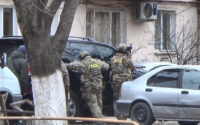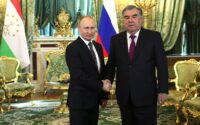North Korea Sends Troops to Ukraine: Why Matters?
The recent defence pact established between Russia and North Korea represents a notable escalation in Eurasian geopolitical dynamics, carrying the potential for wide-ranging consequences. Following the signing of this agreement, according to Seoul’s sources, there is the eventuality that Pyongyang will deploy military engineering units to support Russian forces in the Ukrainian conflict.















